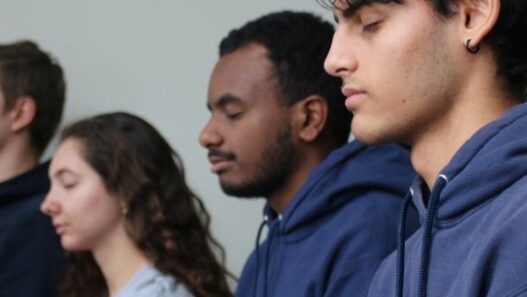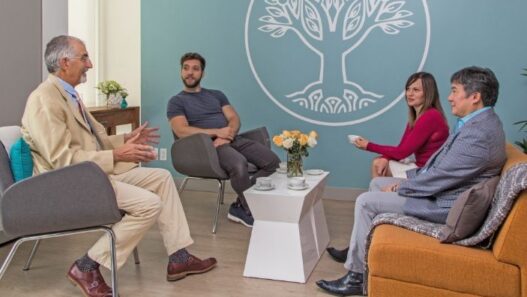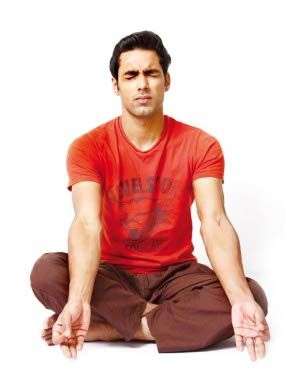At several international centers for information technology, scientists are presently working towards a Turing Test. Success is admittedly still many years away. Data has to be collected in huge amounts, and made meaningful by algorithms more complex than any before. But the scientists are confident: one day, they’ll get there.
That day, computers and human beings will be easily confused. For the Turing Test, proposed by a pioneering computer engineer back in 1950, is an experiment designed exactly to this end. Artificial intelligence will pass the test if, after an interaction, a human being cannot tell whether he was conversing with a computer or with another human being.
This possibility might seem surprising at first, yet should not be. Computers getting constantly smarter at rational operations is, after all, quite logical and predictable. Their processes have been modeled on our human thinking. Like human synapses, computer circuitry derives even the most sophisticated outcomes from basic signals. Computers use memory and filter data according to certain in-built parameters. And they, like us, get slow and ineffective when performing too many tasks at one time.
Artificial vs artful intelligence
We mainly differ from them in that we are often such bad computers. Hitting the ball of life at far below our potential par.
And that is because we have an artificial something which the artificial intelligence does not: an imaginary construct called a person. Ego, the sand in our human machines.
Say, there is an important meeting at work with the top-level boss. An artificial intelligence would simply present the information and conclusions available to it. Arguments would be made, weighed, and decided – see the job, do the job, and no trouble. A human being, on the other hand, would be liable to feeling either anxious and fearful, or overly excited and ambitious. Name and gain jam up even the most basic human thought operations.
Here, then, is the paradox.
If we are to see and experience that in which we are infinitely more than computers – and will ever be, in spite of all possible Turing tests – we are to become good computers. In other words, we have to learn how to let the machine in us do the calculations, unhindered and unclouded. As the confusion of ego vanishes, not only will we be so much better at dealing with business transactions and personal decisions, but we’ll be increasingly in contact with true inspiration, love and compassion. We will be in contact with, for the pun’s sake, truly artful intelligence.



















